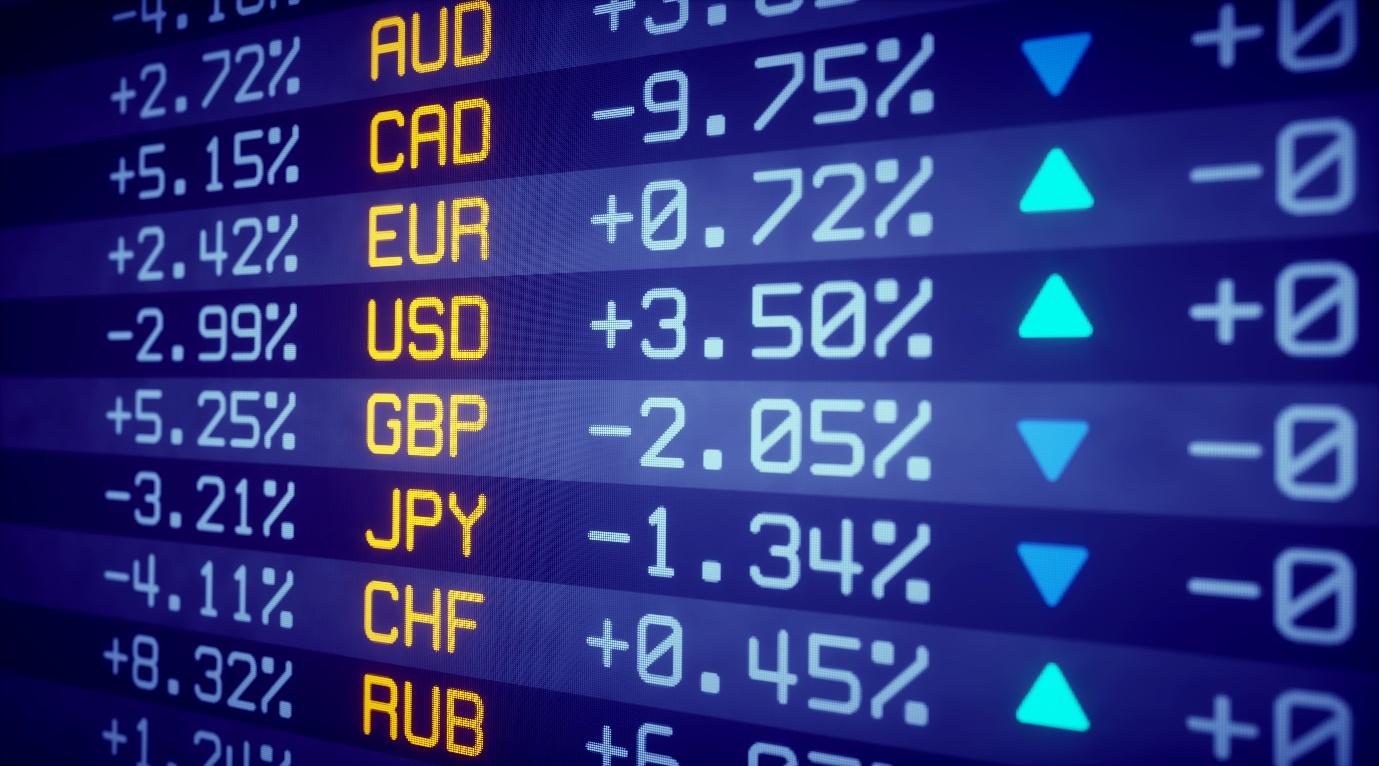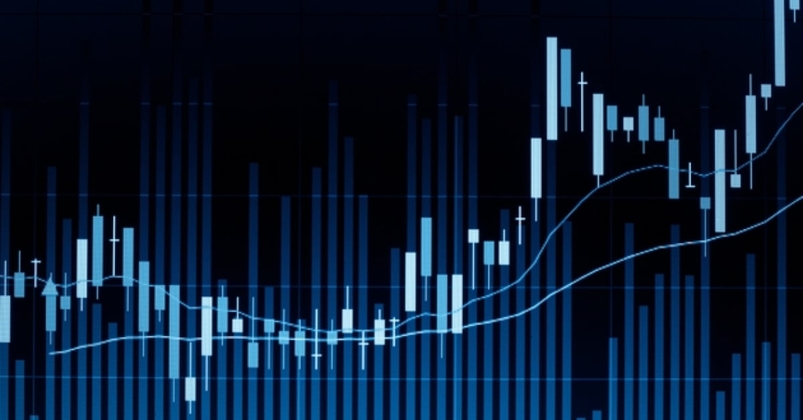- English
- Italiano
- Español
- Français
Learn to trade
Which type of Forex trader are you?
It is very difficult at the outset of your trading career to clearly know what type of Forex trader you will be. Are you going to be a short-term ‘day trader’ or will your focus be more towards larger moves in the market?
The end result will largely depend on your screen time and how much you can dedicate to your analysis and research.

Figure 1 currency rates
Day trading, Swing trading or Long-term trading
A lot of Forex traders have an initial desire to be day traders. This may be with the belief that you need to be constantly monitoring the markets while you execute 30+ trades a day. This is not the case. A 30-point profit is 30 points, no matter how you get there.
A day trader executes many trades trying to capitalise on intraday market moves.
A swing trader holds trades from a few days to several months. It provides a good balance between short-term trading and a long-term view.
A long-term trader holds trades for an extended period, up to a few years. They periodically rebalance and manage their trades and are not usually affected by short-term swings or temporary volatility.
Technical Trader
Most short-term traders will have a solid understanding of technical analysis. This is the study of charts to decipher the next market move.
Fundamental Trader
Longer-term traders have more of an emphasis on economic data to highlight the strength or weakness of one country's currency against another. A fundamental trader is likely to focus on longer-term moves in the market and is not interested in the daily ‘noise’.
No need to rush
You should not feel that you are unable to trade the markets because you only have limited time to dedicate to your analysis. Education and research are the keys to success and traders who take short-cuts are more likely to fail. Trading and analysing from higher timeframes, and trading in smaller size to reflect larger moves, will allow you more time to hone your skills.
To learn more about Forex trading, go to the Pepperstone educational page.
The material provided here has not been prepared in accordance with legal requirements designed to promote the independence of investment research and as such is considered to be a marketing communication. Whilst it is not subject to any prohibition on dealing ahead of the dissemination of investment research we will not seek to take any advantage before providing it to our clients.
Pepperstone doesn’t represent that the material provided here is accurate, current or complete, and therefore shouldn’t be relied upon as such. The information, whether from a third party or not, isn’t to be considered as a recommendation; or an offer to buy or sell; or the solicitation of an offer to buy or sell any security, financial product or instrument; or to participate in any particular trading strategy. It does not take into account readers’ financial situation or investment objectives. We advise any readers of this content to seek their own advice. Without the approval of Pepperstone, reproduction or redistribution of this information isn’t permitted.


